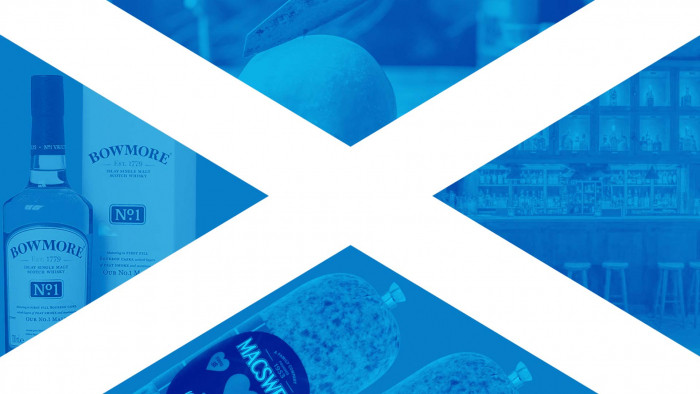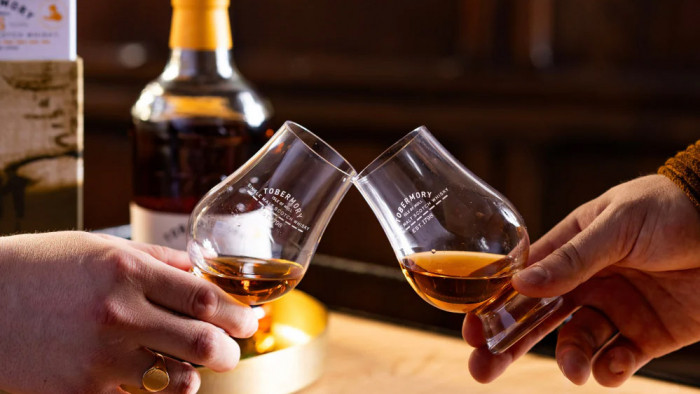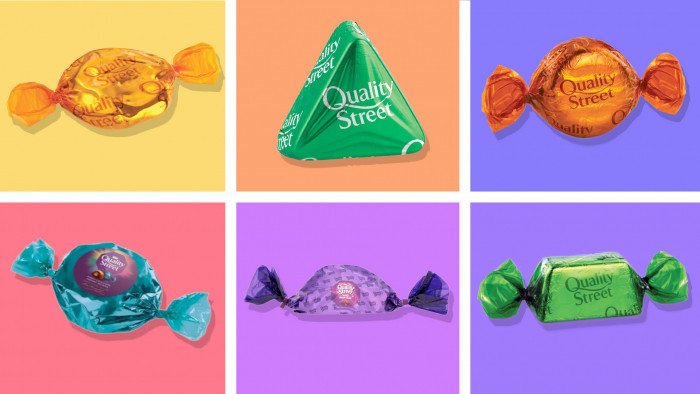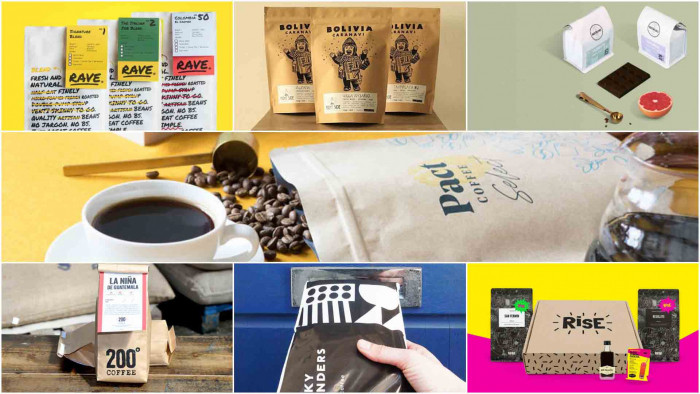Japanese Whisky Company Is Sending Booze To Age In Space. Because Science.
Japanese Whisky Company Is Sending Booze To Age In Space. Because Science.


"Huston, we have a *hic*, a problem. Sum silly bastard must've dropped the whisky shipment outta the airlock *hic*, 'cause we can't find it anywhere. Huston? Huston! You've got lovely eyes, Huston..."
This, we imagine, is how things could play out once Japanese distiller Suntory follows through on its proposal to send a sample of its whisky to the International Space Station (ISS).
The oldest whisky maker in Japan, Suntory is looking to send six samples - including a 21-year-old single malt (wheeps) - to the Japanese experiment module of the ISS, to observe the effects of zero-gravity on the ageing and maturing process.
The mellowness associated with aged whiskies is a bit of a mystery - groups like Suntory know their process works, they just don't know exactly how.
By leaving samples in a zero-gravity, temperature-stable environment, it's hoped more might be understood on why environments that suppress liquid convection change the flavour of a drink. And failing that, it's a great PR stunt, right?
Related: The World's 10 best whiskies
Set to be launched from the Tanegashima Space Center on 16 August, the first samples will return to Earth after a year, with others remaining aboard the ISS for a further two years.
It's not the first time whisky has been sent to space: Scottish whisky Ardbeg won the space race in 2011 when it sent a unmatured sample of its malt to the ISS, to observe how zero-gravity changed its flavour.
We're starting to suspect that the crew of the ISS are just quite partial to the odd dram: "Whisky experiment? Sure, send it up. But we should warn you, space travel has this funny effect of reducing the sample size..."
[Via: The Verge]
Latest
Related Reviews and Shortlists









